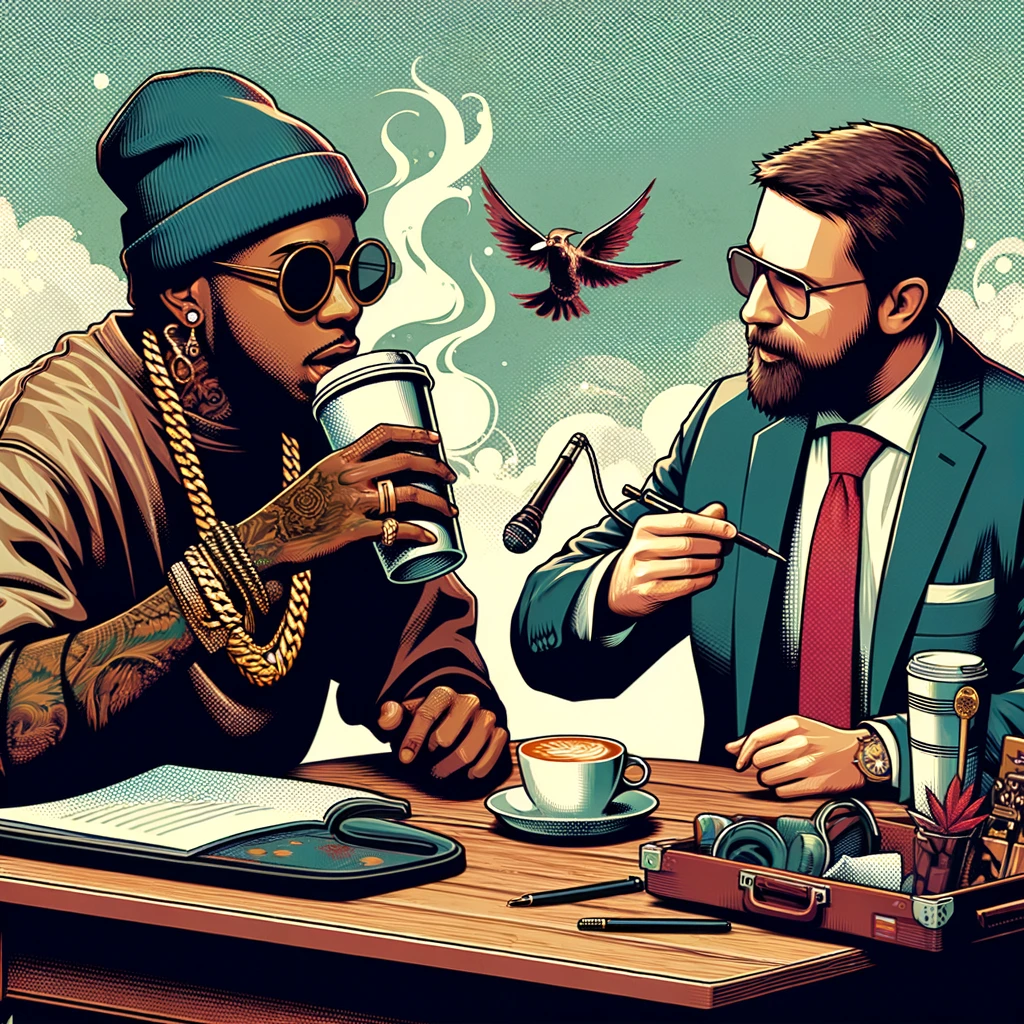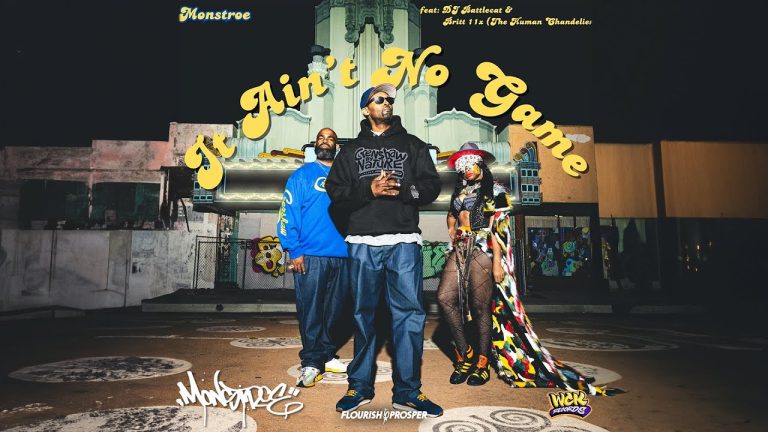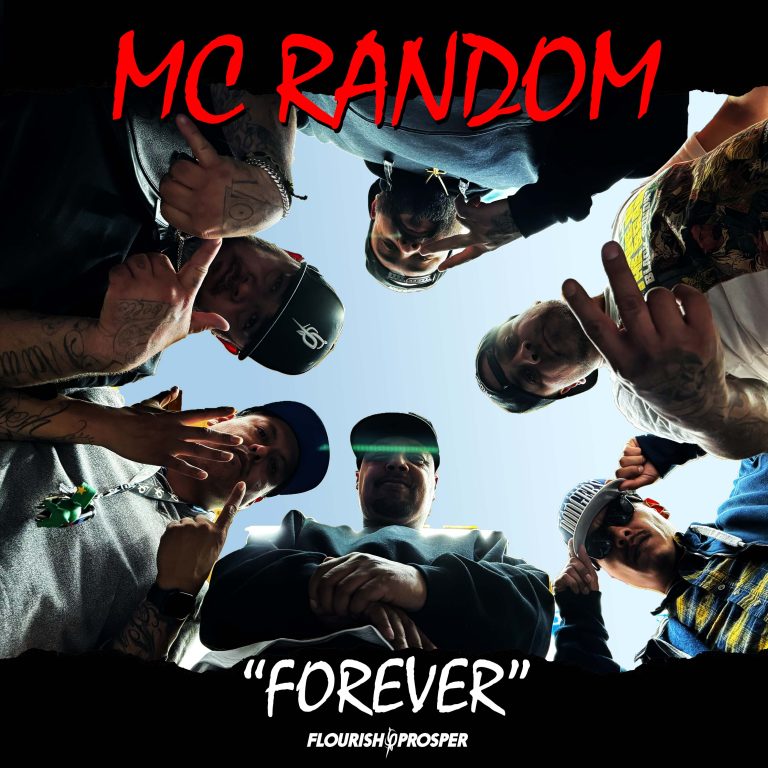Understanding Copyright in the Music Industry
Understanding copyright in the music industry essentially revolves around understanding the concept of intellectual property and how it is safeguarded. This knowledge helps musicians to protect their work, engage in legal cover song production, and navigate through the complexities of music rights and royalties.
Essence of Copyright in Music
Copyright in music is a form of intellectual property protection that caters to the legal rights of composers, lyricists, and performing artists. It provides exclusive rights to the creator to perform, distribute, reproduce, or adapt the work. In the context of cover songs, one cannot legally reproduce or perform someone else’s musical work without obtaining a proper license.
In most cases, when a song is created and fixed in a tangible form such as written notation or a sound recording, it automatically gets copyright protection. The duration of this protection varies from country to country but generally lasts for the lifetime of the author plus 70 years after their demise.
Types of Rights under Music Copyright
Music copyright typically deals with two types of rights: Mechanical and Performance rights. Mechanical rights refer to the reproduction of copyrighted music on various mediums like CDs, DVDs, or digital formats for distribution. Any cover version of an original song requires the artist to obtain mechanical licenses from the copyright owner.
Performance rights, on the other hand, are related to the public performance of the music such as concerts, radio plays, or streaming services. To legally perform a cover song in public or on a digital platform, performance rights must be secured, usually through a performing rights organization.
Navigating Royalties in the Music Industry
Royalties are payments made to copyright owners for the use of their intellectual property. For musicians, royalties can come from several sources, including mechanical licenses, public performances, and digital streaming.
When an artist covers a song, they usually need to pay a royalty to the original copyright owner for the use of their work. This can be a fixed fee per copy or a percentage of the revenue generated from the cover song’s sales or public performances.
In the digital age, the calculation of these royalties has become more complex due to streaming services. However, performance rights organizations often manage these, making it easier for artists to focus on creating music rather than managing their legal rights.
Cover Songs and Music Licensing
Understanding Cover Songs and Rights
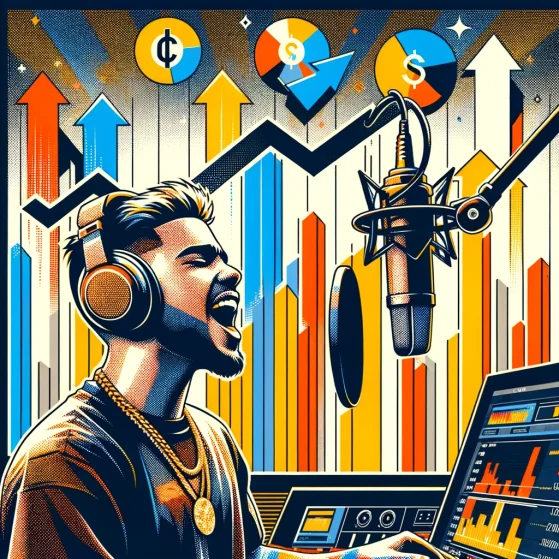
Cover songs, or renditions of already existing songs performed by different artists, are a common phenomenon in the music industry. When an artist chooses to perform or record a cover song, they need to obtain specific permissions and pay certain licensing fees to the original copyright holder. This is due to the fact that the songwriters and original performers possess intellectual property rights over their creations, which cannot be used without appropriate consent.
Impact on Royalties from Cover Songs
The licensing fees for cover songs directly contribute to royalties, providing a significant source of income for the original creators. These fees vary depending on several factors such as the intended use, platform, geographical area, and more. Furthermore, it is not only the original songwriter who earns from these licenses. Other stakeholders, like music publishers and recording companies, may also receive a portion of these royalties, based on their agreements with the creators.
Navigating Licensing for Cover Songs
When it comes to navigating music licensing for cover songs, one must ensure compliance with the law to avoid the legal repercussions associated with copyright infringement. In many instances, a license called a mechanical license is required. This allows the artist to reproduce and distribute the cover song. Other licenses, such as synchronization or performance licenses, might also be needed depending on the specific circumstances. It is essential for artists to understand these requirements and apply for the appropriate licenses accordingly.
Impact on Music Rights when covering a Song
Legal Considerations in Song Covering
When an artist chooses to perform a cover song, it is critical to understand that the legal rights to the music usually belong to the songwriter or their publishing company. This means that artists who want to release cover versions of songs are legally required to obtain a mechanical license from the original owner(s) of the song. This license allows artists to reproduce, distribute, and, in some cases, perform their version of someone else’s copyrighted work.
Royalties and Revenue Allocation
Royalties play a significant role in how the music industry operates, and this is no different when it comes to cover songs. The original songwriters and publishers are entitled to receive royalties each time their song is sold, streamed, or broadcasted. This obligation extends to cover songs as well. As per U.S law, a royalty must be paid for each copy made that uses the original song, including covers. The current statutory mechanical royalty rate is set at 9.1 cents for songs five minutes or less, or 1.75 cents per minute for songs over five minutes.
Cover Songs Impact on Copyright Infringement
On the matter of copyright infringement, it’s important to note that creating a cover of an existing song without obtaining the necessary licenses can result in legal consequences. Although creating a cover can be seen as a tribute to the original artist, it can also be viewed as a violation of the creator’s exclusive rights to reproduce and distribute their work. Moreover, altering the lyrics or melody substantially could lead to charges of creating a ‘derivative work’, which is also a form of copyright infringement unless permission has been obtained from the original creator or rights holder.
Royalties Distribution for Cover Songs
The Anatomy of Royalties for Cover Songs
Cover songs are adaptations of originally recorded music by different artists and their legal implications are mainly guided by the territory’s copyright law. When a cover song is played, royalties are incurred and these are typically distributed among the original songwriter, the performing artists, and their respective record labels. This distribution can vary based upon several factors including negotiated agreements, publishing deals, and performance licenses.
The original songwriter or copyright holder receives mechanical royalties for every copy that’s made of the song. These include physical copies like CDs and vinyl, digital copies like MP3s and digital downloads, as well as streamed versions of the song. These royalties are paid through the record company or directly from stores in the case of physical copies, while digital and streaming platforms pay these royalties directly.
Performing Rights Organizations Role
Performing Rights Organizations (PROs) play an essential role in the collection and distribution of royalties for cover songs. These organizations track where and how often a song is played, or ‘performed’, and then disburse royalties to songwriters and publishers. In the USA, ASCAP, BMI, and SESAC are popular PROs, while SOCAN serves this function in Canada and PRS for Music operates in the UK.
When a cover song is performed live, the venue usually pays a blanket license fee to the PRO, which is then divided among the rights holders of the songs that were performed. Similarly, when a cover song is played on the radio, the station pays a royalty to the PRO, which is then passed onto the appropriate rights owners.
The Complexity of Synchronization Licenses
Synchronization licenses add another layer of complexity to royalties involving cover songs. A synchronization (or “sync”) license is required when a cover song is used in conjunction with a visual media output like movies, TV shows, advertisements, video games, etc. The sync license fees are paid to the songwriter or publisher and are separate from the mechanical royalties paid for the audio recording. The exact amount can vary greatly depending on the type of usage, prominence of the song in the project, and the project’s overall budget.
Legal Consequences of Unauthorized Cover Songs
Performing cover songs without proper authorization can lead to significant legal consequences. Artists, songwriters, and music producers who disregard the vital aspect of obtaining licensing for cover songs put themselves at risk of copyright infringement, which entails severe legal penalties.
Copyright Infringement
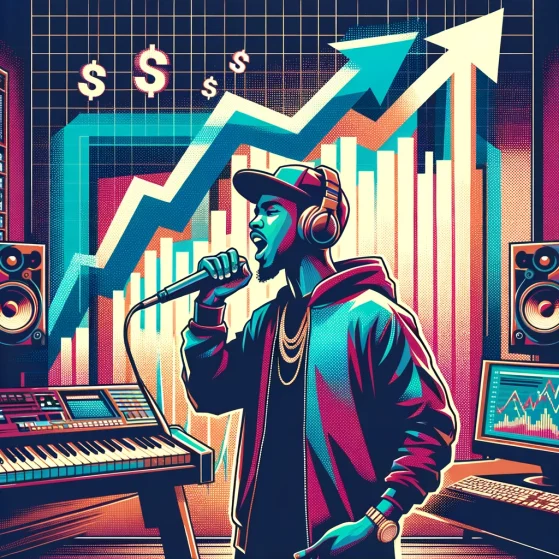
At the core of unauthorized cover songs is the crime known as copyright infringement. This happens when an artist performs, records, or sells a cover song without first procuring the necessary mechanical license from the original owner of the song. It’s important to understand that every piece of music is protected under copyright law, which grants exclusive rights to the original creator to reproduce, distribute, perform, or display the work publicly.
Ignoring these laws and proceeding without obtaining a license can lead to a lawsuit with demands for the infringing parties to cease their activities and potentially pay damages. These damages can range from $200 to $150,000 for each work infringed upon, depending on whether the infringement was unknowing or willful.
Loss of Profits, Legal Fees, Statutory Damages
Aside from the potential statutory damages, legal fees can also be extensive. In such lawsuits, if you are found guilty of copyright infringement for performing an unauthorized cover song, not only might you be required to pay your own legal costs, but you could also be ordered to cover the legal expenses of the opposing party.
Additionally, any profits made from the unauthorized use of the song are generally required to be forfeited. Any albums, merchandise, or digital copies associated with the performance may have to be recalled or destroyed.
Risks to Reputation and Career
It’s not just financial implications that artists should be concerned about. Legal actions resulting from unauthorized cover songs can lead to negative publicity, which can harm an artist’s reputation significantly. For emerging artists, such a controversy can be a career-ending occurrence.
Moreover, record labels, booking agents, and music festivals are often wary of artists known for legal issues, especially copyright infringement. This can limit professional opportunities and hinder an artist’s ability to grow their career in the music industry.
Looking for a trusted and knowledgeable agency to help market your music career?
Contact us at + 1 626 872-5151 or info@flourishprosper.net
Or Checkout our website at flourishprosper.net

